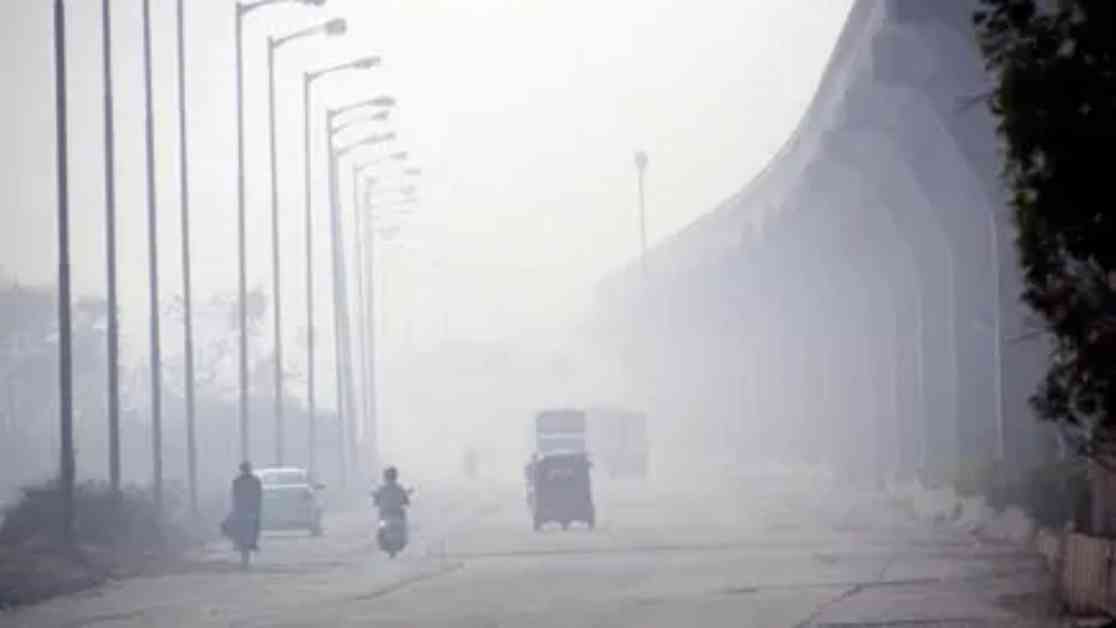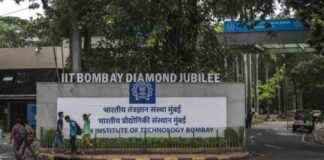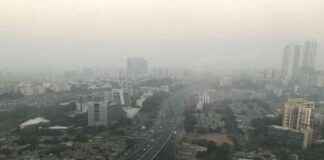A recent study has suggested a new approach to tackling air pollution in Mumbai by creating a regional airshed. This study, published in the journal Air by MDPI, recommends dividing India into 15 regional airsheds based on specific pollution patterns and climatic conditions. The goal is to integrate Mumbai and its satellite cities into a unified coastal airshed to combat urban and regional pollution effectively.
The current focus in Mumbai on managing local pollution sources may not be enough to improve air quality, especially during the winter months when pollution levels tend to spike. By working together with neighboring regions, urban local bodies (ULBs) can create a cooperative framework to address shared pollution challenges.
The study highlights the importance of recognizing airsheds as geographic regions where air pollution levels are measured and managed collectively. This approach requires collaboration across administrative borders to ensure effective air quality management.
Mumbai’s air quality has worsened during winters, with a significant increase in PM2.5 levels in January 2023 compared to the previous year. Dr. Sarath Guttikunda, the lead author of the study, emphasizes the need for coordinated management within a regional airshed to improve air quality in the entire Western region.
Integrating Mumbai with its satellite cities in a single coastal airshed would involve participation from ULBs, state officials, and regional stakeholders. This collaborative effort could address pollution from urban, industrial, and rural sources, creating a unified strategy for emission reduction.
The study also draws insights from the US Environmental Protection Agency’s model for air quality management. By centralizing data collection, monitoring, and pollution control efforts across airsheds, transparency and accountability can be fostered.
The findings of the study present a strong case for the immediate implementation of a regional airshed framework to address air pollution challenges. By adopting this approach, Mumbai can lead the way in demonstrating how collaboration and innovation can effectively combat air pollution.
In light of the worsening air quality in Delhi and the National Capital Region (NCR), the Ministry of Environment, Forests, and Climate Change (MoEF&CC) has taken steps to address air quality issues in the Indo-Gangetic Plain (IGP) airshed. This includes forming a coordination committee and holding stakeholders’ meetings to tackle air pollution and its links to climate change.
Overall, the study underscores the urgent need to improve air quality, especially in the face of accelerating climate change. By adopting a comprehensive and integrated approach to air quality management, India can make significant strides in addressing air pollution and its impacts on public health and environmental sustainability.




















